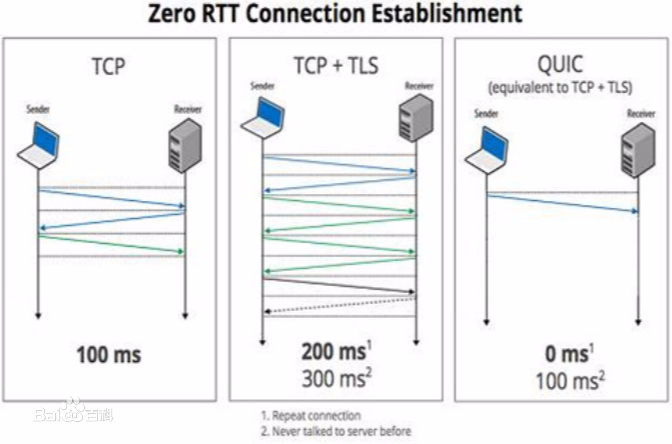The DNS is one of the most crucial parts of the Internet. Since the original DNS specifications defined UDP and TCP as the underlying transport protocols, DNS queries are inherently unencrypted, making them vulnerable to eavesdropping and on-path manipulations. Consequently, concerns about DNS privacy have gained attention in recent years, which resulted in the introduction of the encrypted protocols DNS over TLS (DoT) and DNS over HTTPS (DoH). Although these protocols address the key issues of adding privacy to the DNS, they are inherently restrained by their underlying transport protocols, which are at strife with, e.g., IP fragmentation or multi-RTT handshakes - challenges which are addressed by QUIC. As such, the recent addition of DNS over QUIC (DoQ) promises to improve upon the established DNS protocols. However, no studies focusing on DoQ, its adoption, or its response times exist to this date - a gap we close with our study. Our active measurements show a slowly but steadily increasing adoption of DoQ and reveal a high week-over-week fluctuation, which reflects the ongoing development process: As DoQ is still in standardization, implementations and services undergo rapid changes. Analyzing the response times of DoQ, we find that roughly 40% of measurements show considerably higher handshake times than expected, which traces back to the enforcement of the traffic amplification limit despite successful validation of the client's address. However, DoQ already outperforms DoT as well as DoH, which makes it the best choice for encrypted DNS to date.
翻译:DNS 是互联网中最重要的部分之一。 由于最初的 DNS 规格将 UDP 和 TCP 定义为基本运输协议, DNS 查询本质上是没有加密的, 因而容易被窃听和直接操纵。 因此,近年来对 DNS 隐私的担忧引起了人们的注意, 导致在TLS(DoT) 和 HTTPS(DoH) 上引入加密协议DNS 。 虽然这些协议解决了增加DNS 隐私的关键问题, 但它们受到其基本运输协议的内在限制, 而这些协议与例如IP 碎裂或多RTT 握手等具有冲突性, 使得它们容易被窃听和直接操纵。 因此, 最近对 DNS 隐私的添加了对 QUIC (DoQ) 的担忧, 从而有望改进已建立的 DNS 协议。 然而, 没有研究侧重于 DoQ, 其通过, 或到这个日期的响应时间- 我们的研究接近了这个差距。 我们的积极测量显示, DNS 正在缓慢但稳步增加 DQ 的采用, 并且揭示了一周内的高额波动, 。





